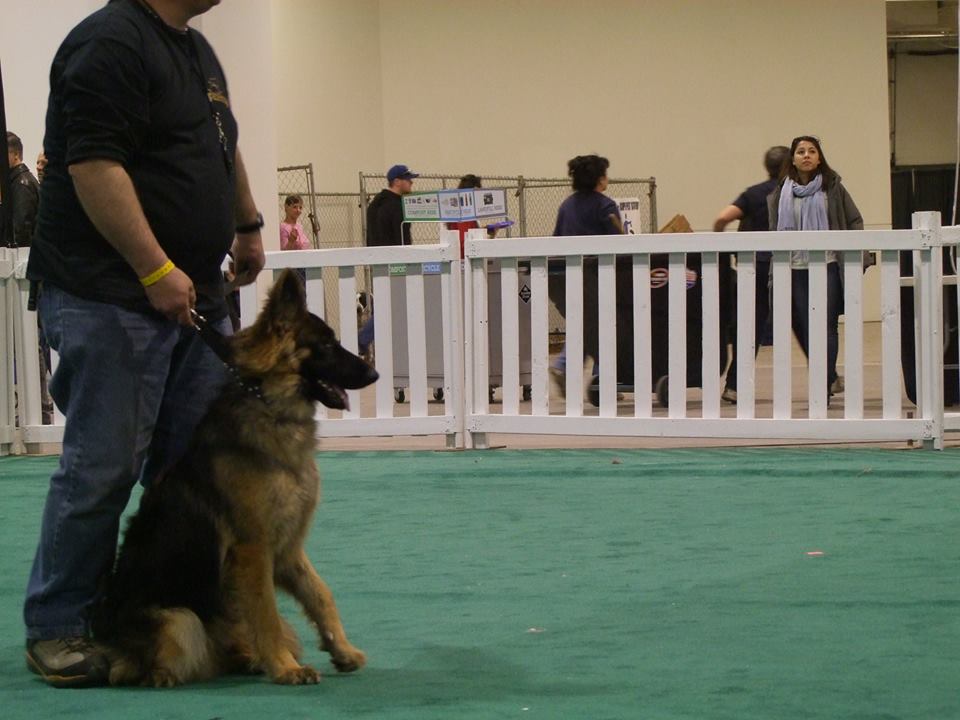Sometimes puppies make a mess when they are playing. Sometimes they are being clever, but that gets them in trouble. When you are working with a puppy you need to set boundaries ‘before’ the puppy starts acting bad. Set the ground rules and do not break them. Let your puppy know where the limits are. A puppy who is punished without knowing what it is doing wrong can develop ‘reactive issues’. These are stress and… Continue
Read More
The Preschool program is designed to teach children how to avoid being bit by their family pet, or other dogs in the neighborhood. Call Suzanne at 519 902 4739 or email info@kab.universitas-brawijaya.ac.id to book your program. Training Programs For The Whole Family Our training programs are designed so the whole family can learn how to train their dogs. Please let us know when you register for a program that your whole family will be attending… Continue
Read More
Keys to Supervising Dogs & Kids We thank Robin Bennet for Making this infographic available Author, All About Dog Daycare Co-Author, Off-Leash Dog Play Co-Author, Knowing Dogs Staff Training
Read More
Sport Scent Detection is not a new sport. It has been around for 10 years. The best thing about scent detection is that any dog can excel. Your dog may be too slow for agility, or not engaged enough for Rally Obedience, but it will excel in Sport Scent Detection. All breeds, unregistered dogs, old dogs, and young dogs can join this sport. This is the best sport for a nervous dog, a lame or… Continue
Read More
We did 2 great shows this weekend. The dogs loved performing in the big auditorium with everyone in the bleachers watching them. There were more distractions than we imagined: people (shampoo, deodorant, body odour, tooth paste, mints, laundry soap), kangaroos, parrots, lama, straw, food court, all around the ring. We followed woof dogs, dog luring, and other shows. To the left we had 30 wet dogs and another 200 spectators. With all these distractions our… Continue
Read More

